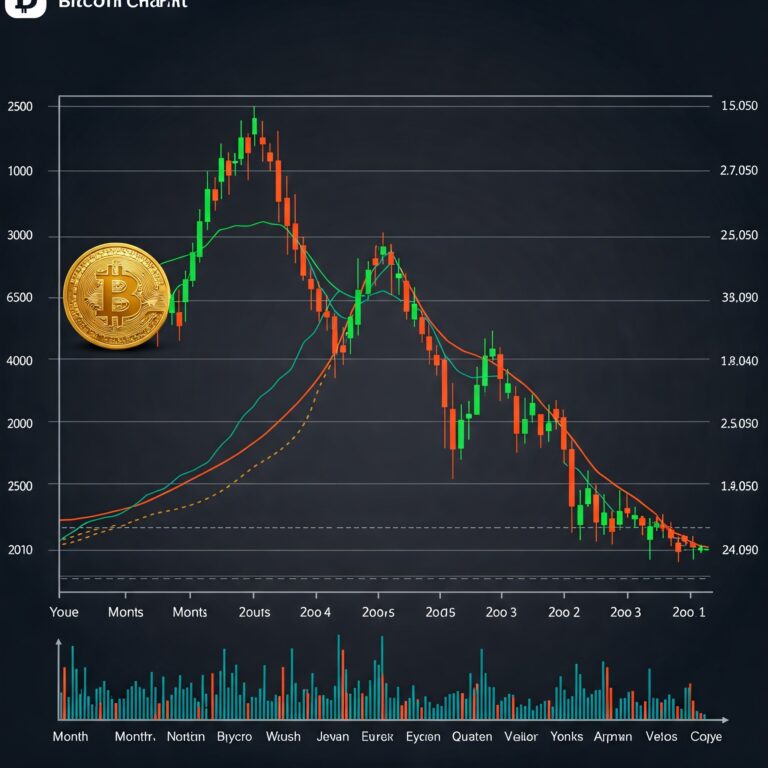
The U.S. Bitcoin exchange-traded fund (ETF) market has witnessed a significant milestone, with inflows reaching a staggering $900 million in recent weeks. This surge in investor interest underscores the growing confidence in Bitcoin’s potential as a long-term asset and the broader acceptance of cryptocurrency in traditional financial markets.
Fidelity Leads the Pack
Among the financial giants competing for dominance in the Bitcoin ETF space, Fidelity has emerged as a frontrunner, outpacing even BlackRock, the world’s largest asset manager. Fidelity’s proactive approach, coupled with its robust infrastructure and strong brand reputation, has attracted significant investor capital, positioning it as a key player in the burgeoning crypto-ETF market.
BlackRock’s Competitive Edge
Despite trailing Fidelity, BlackRock remains a formidable contender. Its entry into the Bitcoin ETF market marked a turning point for institutional acceptance of cryptocurrencies. BlackRock’s established track record in managing trillions in assets and its global reach provide it with the tools to remain competitive in the race for Bitcoin ETF supremacy.
The Implications for Bitcoin’s Price
The $900 million inflow into Bitcoin ETFs has reignited speculation about the cryptocurrency’s price trajectory. Historically, large institutional inflows have coincided with significant price movements. Market analysts suggest that this recent surge in ETF investments could signal a potential bottom for Bitcoin, setting the stage for a bullish recovery.
However, opinions remain divided. While some experts argue that the inflows reflect renewed confidence and institutional support, others caution against overinterpreting the data, citing broader macroeconomic uncertainties and regulatory challenges that could still weigh on Bitcoin’s price.
Regulatory Landscape and Market Impact
The approval and success of Bitcoin ETFs in the U.S. have been closely tied to the regulatory environment. The Securities and Exchange Commission (SEC) has historically been cautious in approving cryptocurrency-related products, but the entry of established players like Fidelity and BlackRock has added credibility to the sector. A more favorable regulatory stance could further accelerate institutional adoption and inflows.
The Road Ahead
As Fidelity leads the charge and BlackRock intensifies its efforts, the competition among major asset managers is expected to drive innovation and lower fees in the Bitcoin ETF space. For investors, this could mean easier access to Bitcoin exposure with fewer barriers.
The question remains: is the recent influx of $900 million into Bitcoin ETFs a harbinger of a market bottom, or simply a reflection of growing institutional interest? While the answer is uncertain, one thing is clear: Bitcoin’s integration into mainstream finance is advancing at an unprecedented pace.





